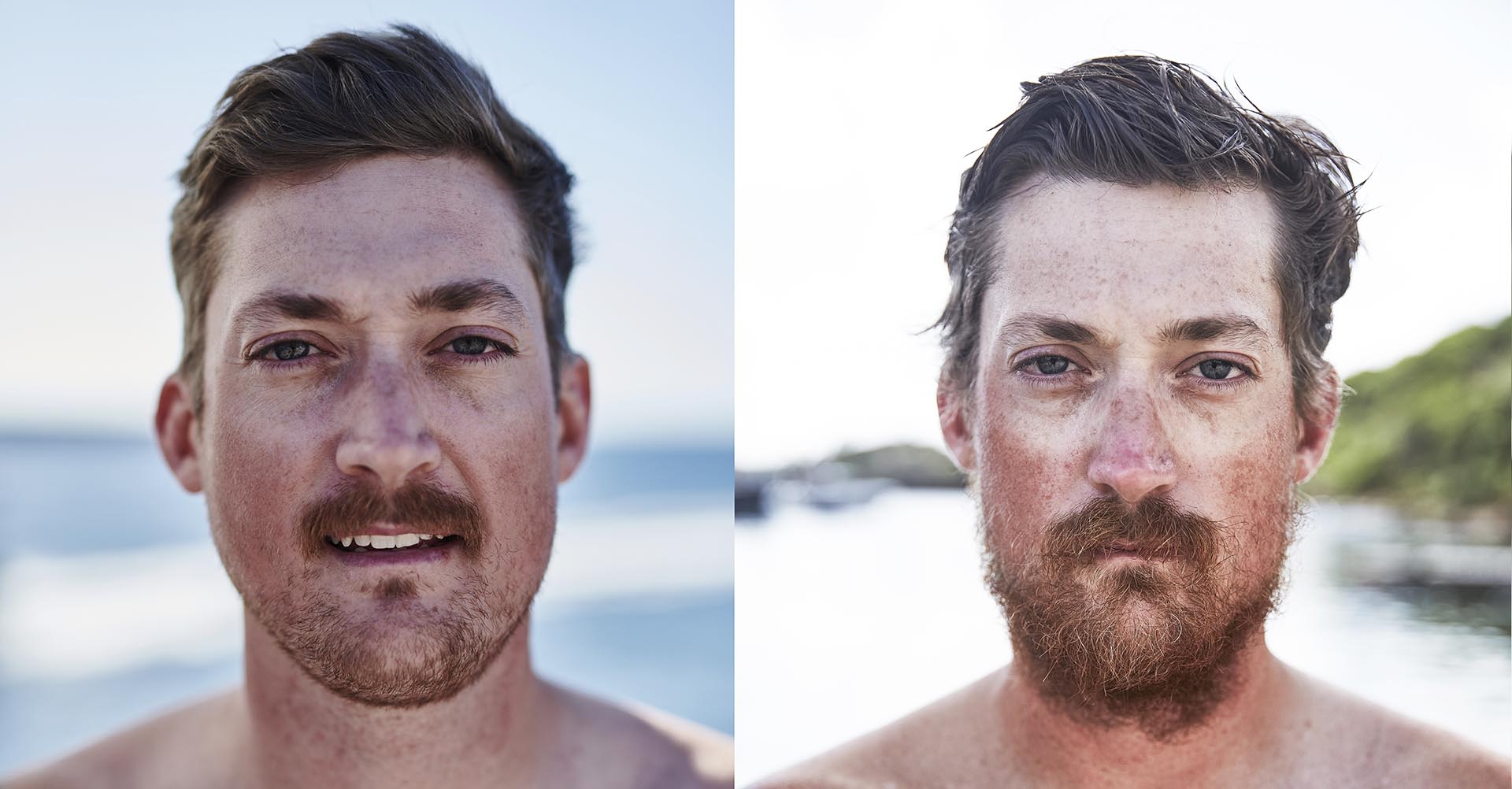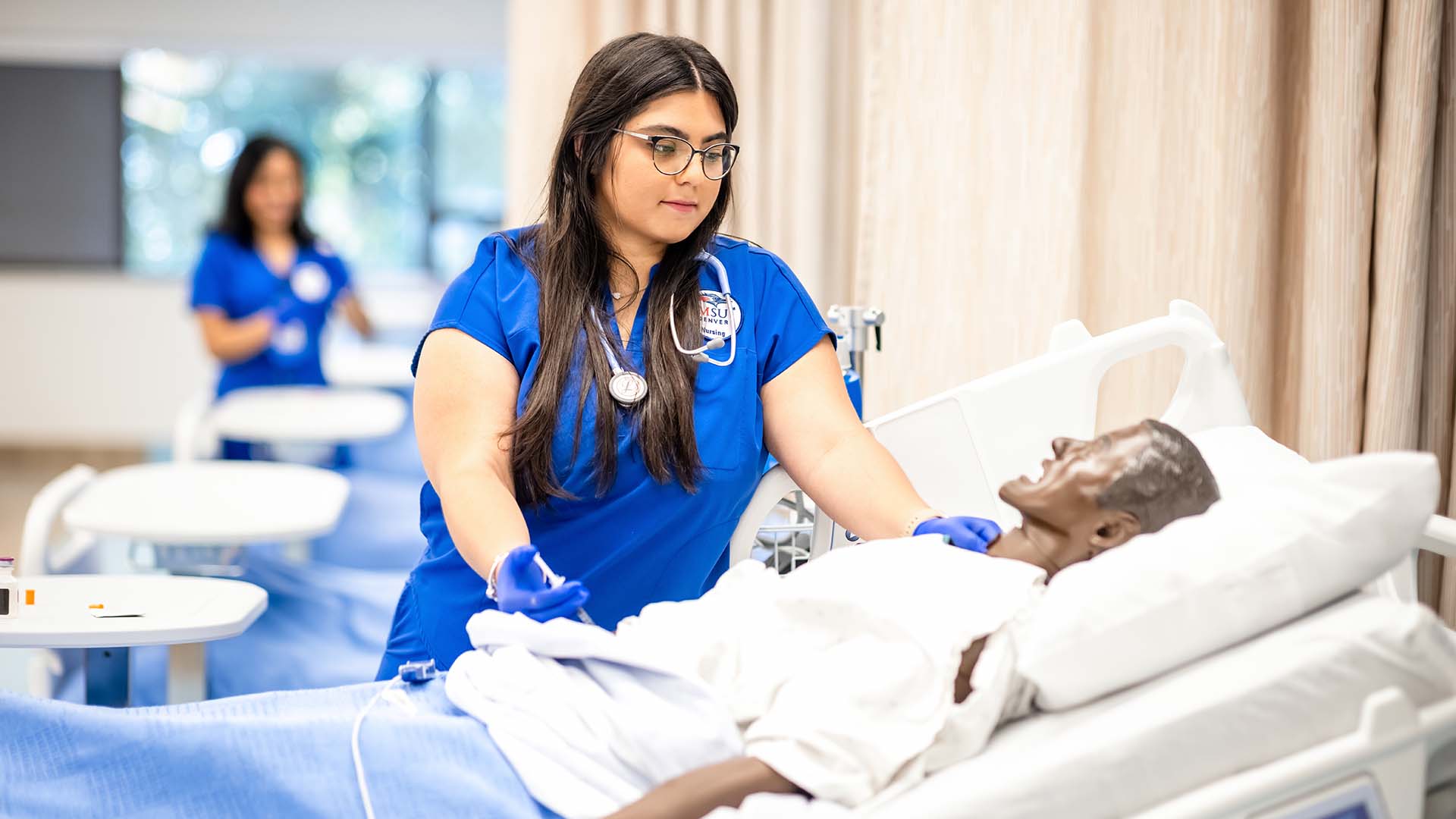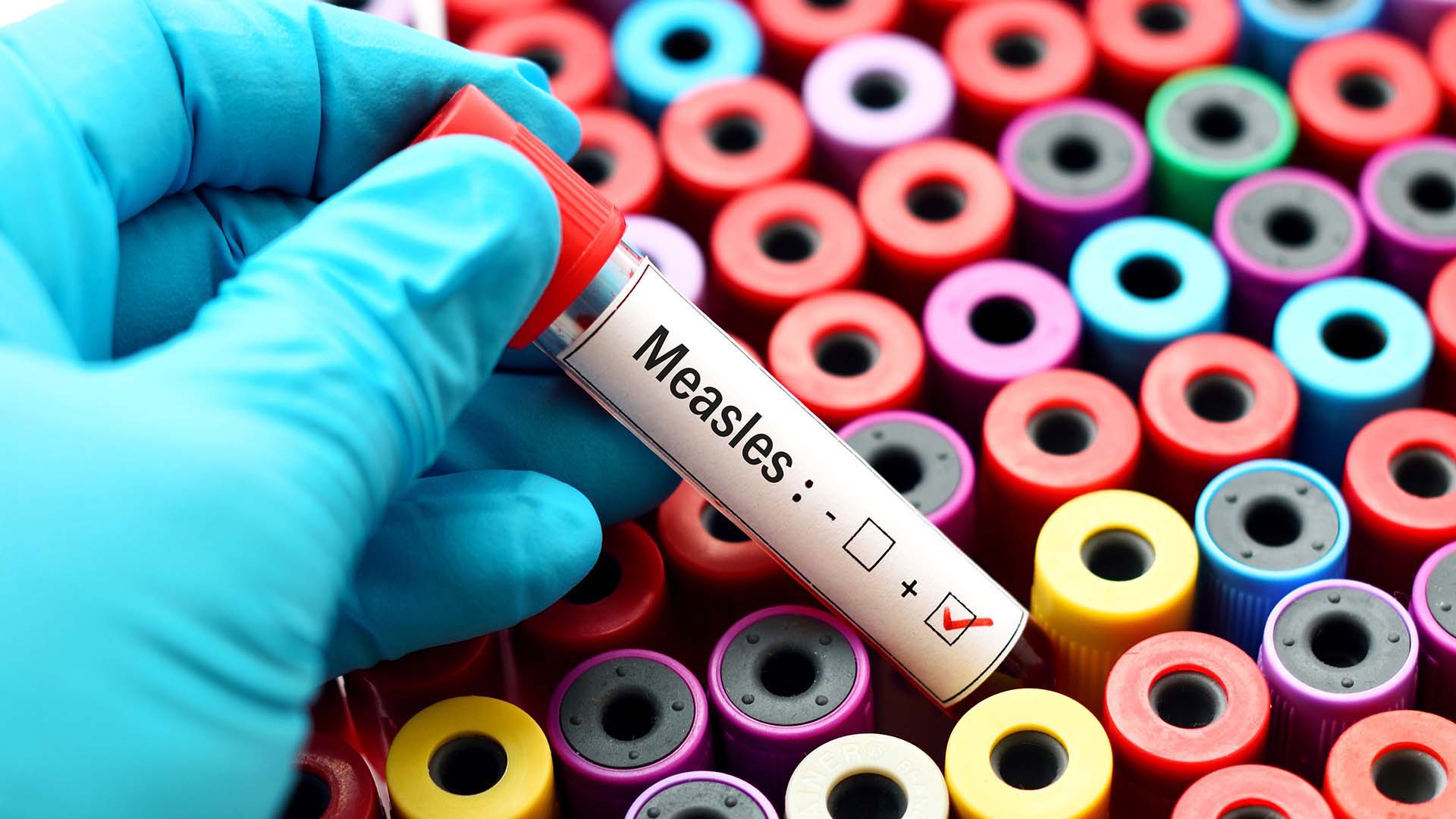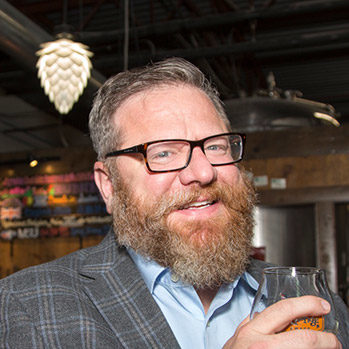After rowing across an ocean, veteran-activist Evan Stratton isn’t resting on his oars
While the MSU Denver student crossed the Atlantic last winter, a pandemic changed the world he left behind. It hasn’t stymied his fight for his fellow veterans.

|
Auraria Veterans Day CeremonyNov. 11, 2020 | 11 a.m. Opening remarks from leadership at the Community College of Denver, Metropolitan State University of Denver and the University of Colorado Denver. Student speakers and featured guests Charles Weber, a psychiatrist at the Family Care Center in Colorado Springs, and Sarah Plummer Taylor, a leader in the field of resilience-building and holistic wellness. Tune in at msudenver.edu/livestream.
|
|
If you think quarantining at home with delivery meals and limitless TV choices is difficult, try spending 50 days, 11 hours and 35 minutes on a 28-foot-long boat in the Atlantic Ocean with three grown men.
Evan Stratton and three fellow military veterans on the Fight Oar Die team rowed across the ocean together last winter in the Talisker Whiskey Atlantic Challenge. It took the crew seven weeks to complete “the world’s toughest row,” which started at the Canary Islands near the coast of Africa last Dec. 12 and wrapped up on the Caribbean island of Antigua last Jan. 31.
In hindsight, they had no idea how well they were preparing themselves for their future in a pandemic-ravaged country, said Stratton, who is pictured above before and after the voyage.
Stratton, 30, is a Marine, father, benefits consultant and Metropolitan State University of Denver finance student; when he stepped onto the shores of Antigua, he became the first Purple Heart recipient to have rowed across the Atlantic. RED spoke with him to look back at his achievement with Fight Oar Die and learn how his world has changed.
Take us through the timeline earlier this year, from the race to returning home.
Evan Stratton: We landed in Antigua on Jan. 31, and I got back to the U.S. around Feb. 7. I took a week off of work and got acclimated, got a haircut and everything. Then, a month after I got back to the office, we went on lockdown. So it’s been very interesting. It progressed pretty quick. While we were in Antigua, people were saying, “There’s some virus going around China,” and then within 60 days we had a worldwide pandemic.
Are there days you wish you were still out in the middle of the ocean?
Stratton: Oh, totally. 100%. Life is simple on the ocean.

How often do you think about the row?
Stratton: I think about it a lot. It seems so surreal how long ago that was. The next race is getting ready to start. Most of those teams will head down at the end of November. It’s been weird because COVID-19 happened and that became the new reality. In a way, I feel like I didn’t get to fully reflect on the row.
Are there any lessons you learned from the row that are helping you now?
Stratton: My definition of resiliency and what constitutes a tough day are forever changed. What’s so awesome about the row is that you have no control. You have no choice of what’s going to happen to you. The wind and the waves are going to push you the direction they’re going to push you, and that’s it. You have this overarching goal of getting to Antigua, but on a day-to-day basis, that can change. … You’re going north, you’re going south, depending on the day.
So much of our lives back here, we feel like we don’t have control of what’s going on, and it can feel that way a lot of times, but a lot of that is just barriers we build up in our own minds. We have a lot more control of our direction in our lives than we think we do.
What are you doing with Fight Oar Die, the nonprofit raising awareness for veteran issues, now that you’re done with your race?
Stratton: I’m still very involved with Fight Oar Die. We’re sending a team to the Race to Alaska, which is a cool little race that will happen in June. I’m helping prep those guys right now, helping get equipment purchased, and then I’m working with Fight Oar Die getting together a team kit and gear and stuff. I’ll probably be much more a part of the Fight Oar Die board and planning.
What we’re doing is so cool. We’ve definitely been hit hard by the pandemic; all of our major fundraising events were canceled this year. For a grassroots nonprofit, that’s definitely tough, but we’re planning for 2021 and we’re trying to get stuff back on the calendar, moving forward with what we’ve got.
It’s been reported that military suicides are up 20% during the COVID-19 era. You shared your personal struggles as a veteran last year; what advice do you have for military members and veterans during this trying year?
Stratton: I think about that question quite a bit, to be honest. The answer is ever-changing. What do you tell someone when they’re not doing well or when it doesn’t seem like there’s hope?
It goes back to what we just talked about: Your life is never completely out of your control. You’re not at the mercy of whatever you’re experiencing, and I think for a lot of veterans or anyone that’s going through a dark moment personally or emotionally, it feels like everything’s pressing down on them. (It feels like) they’re not in control.
I think a simple message to give them is: That’s not true. Try to change something. It doesn’t matter what; just make one step.
That’s so often what starts the journey to change. For any veteran that’s feeling like things are overwhelming right now, just make a change. Any sort of change. Reach out to one person to talk about what you’re feeling. One step quickly turns into two, turns into four, turns into eight, so on and so forth. Try to be the commander of your own life and the catalyst for your change.








